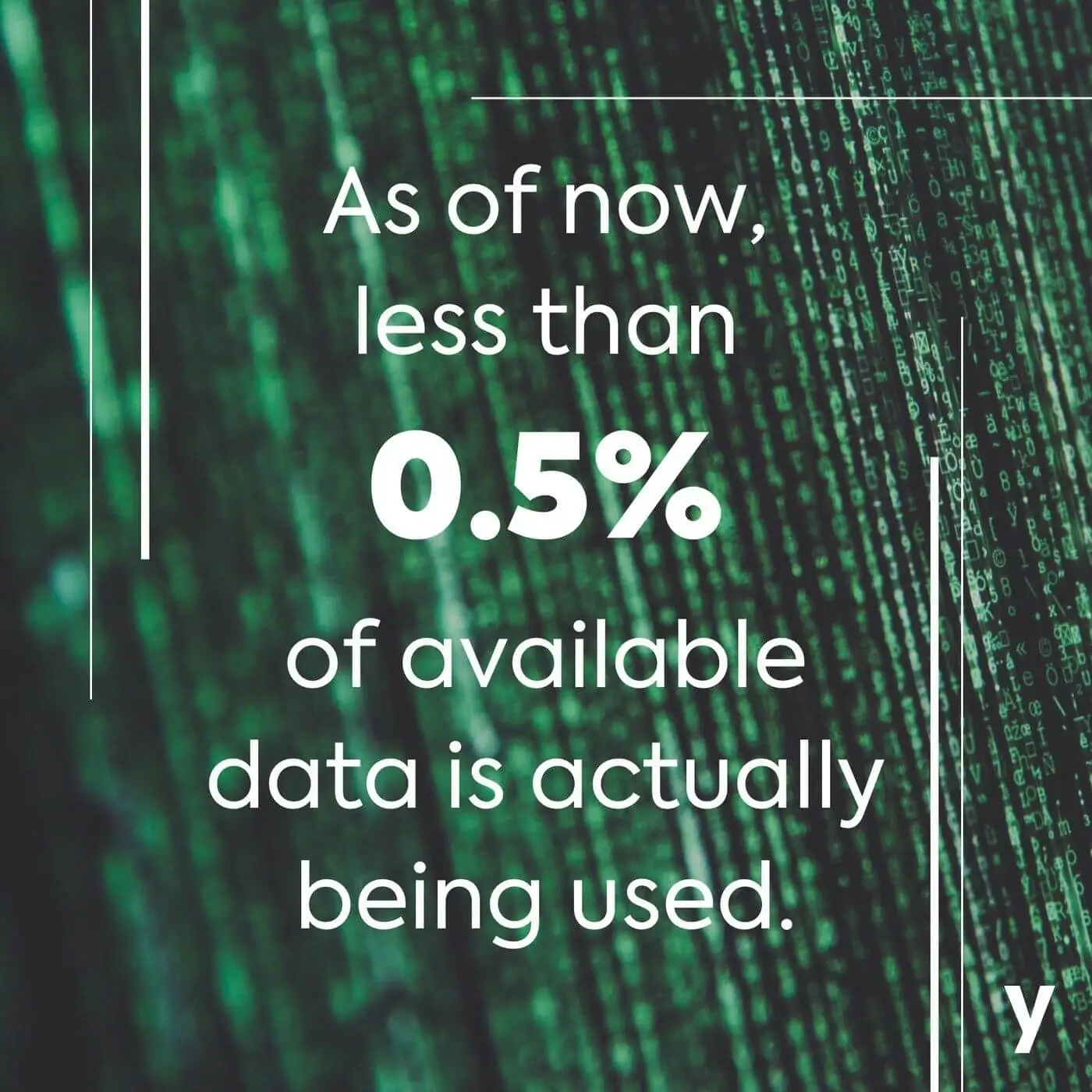Marketing is the intersection of creativity and data-driven strategy.
In the past, marketers were only responsible for creating ads for print and television, but as technology continuously advances, marketers are finding that they can also add “Statistician” to their resume.
With multiple online channels they’re responsible for, marketers have access to an incredible amount of data. They must collect, compute, and utilize this data to monitor industry trends, and to effectively target consumers. Data is at the fingertips of every marketer, and thus offers insights that can be used to make strategic marketing decisions, and ultimately serve customers more useful content.
What, Exactly, is Big Data?
Big data refers to extremely large data sets that can be analyzed to reveal trends and patterns relating to human behavior. The term was first introduced to in the early 2000s, by Industrial Analyst Doug Laney. He describes the term ‘big data’ using these 3 Vs:
- Volume: data is collected from a number of sources such as social media, business transactions, or machine-to-machine data
- Velocity: data streams come in at incredible speeds, and must be dealt with in a timely manner
- Variety: data comes in many different forms: from structured numerical data to non-structured sources like text documents, email, and video
However, according to SAS, it isn’t the amount of data that is important, it’s what you decide to do with the data that truly matters.
 Why Use Big Data?
Why Use Big Data?
Data is growing faster than ever before. In fact, it is estimated by the year 2020, each person will produce 1.7MB per second, which will grow our accumulated digital universe of data from 4.4 zettabytes to 44 zettabytes or 44 trillion gigabytes. As of now, less than 0.5% of available data is actually being used.
How Big Data Can Improve Business
Big data has completely revolutionized the way we do business. According to a study by BARC, big data allows marketers to make better strategic decisions, improve control of operational processes, reduce cost, and better understand consumers.
 Information such as demographics and behaviors are both factors that allow marketers to better understand their target audience, and thus lead to strategic improvements that will better cater to the consumer needs.
Information such as demographics and behaviors are both factors that allow marketers to better understand their target audience, and thus lead to strategic improvements that will better cater to the consumer needs.
When you understand your target audience, you can be sure to send content that appeals to them or messaging that will most likely lead to a conversion. Aside from sending the right message, big data aids in the creation of viral or unique campaigns, such as Spotify’s “Thanks 2016, It’s been weird” campaign, which owes its success to the creative use of big data.
Big data has had a big impact on numerous industries. The healthcare industry estimates that by better integrating big data, the industry could save as much as $300 billion/year. Meanwhile, for a typical Fortune 1000 company, just a 10% increase in data accessibility is said to increase net income by $65 million.
In the end, big data wins. As the digital world continues to advance, utilizing big data is what it will take to have an edge over competitors.
Big Data Strategies for Marketers
There are a myriad of ways to use big data, but take some advice from industry leaders as you begin your deep data dive. Linda Popky, author of Marketing Above the Noise: Achieve Strategic Advantage with Marketing that Matters, advises users to be clear with what you are looking for, and how you’ll make changes to your campaign as a result. Additionally, with so much data, Popsky warns users to educate themselves on filtering before diving too deep.
Rachel Van Soest, a consumer research leader, suggests using big data to determine gaps between what your consumers want and what your competition offers, and then fill that gap.
Big Data Means There Are No Excuses for Poor Marketing Decisions
Data isn’t new. Every company has access to numerous data entries that they can leverage to their advantage. Big data can have numerous benefits for marketers, but sadly only a few truly utilize it to its full potential. By making use of big data, companies can take analytics to a new level, and win new business in the process.
If you’re wondering how to be effective with big data and marketing, get in touch with Chicago digital agency Mabbly.




